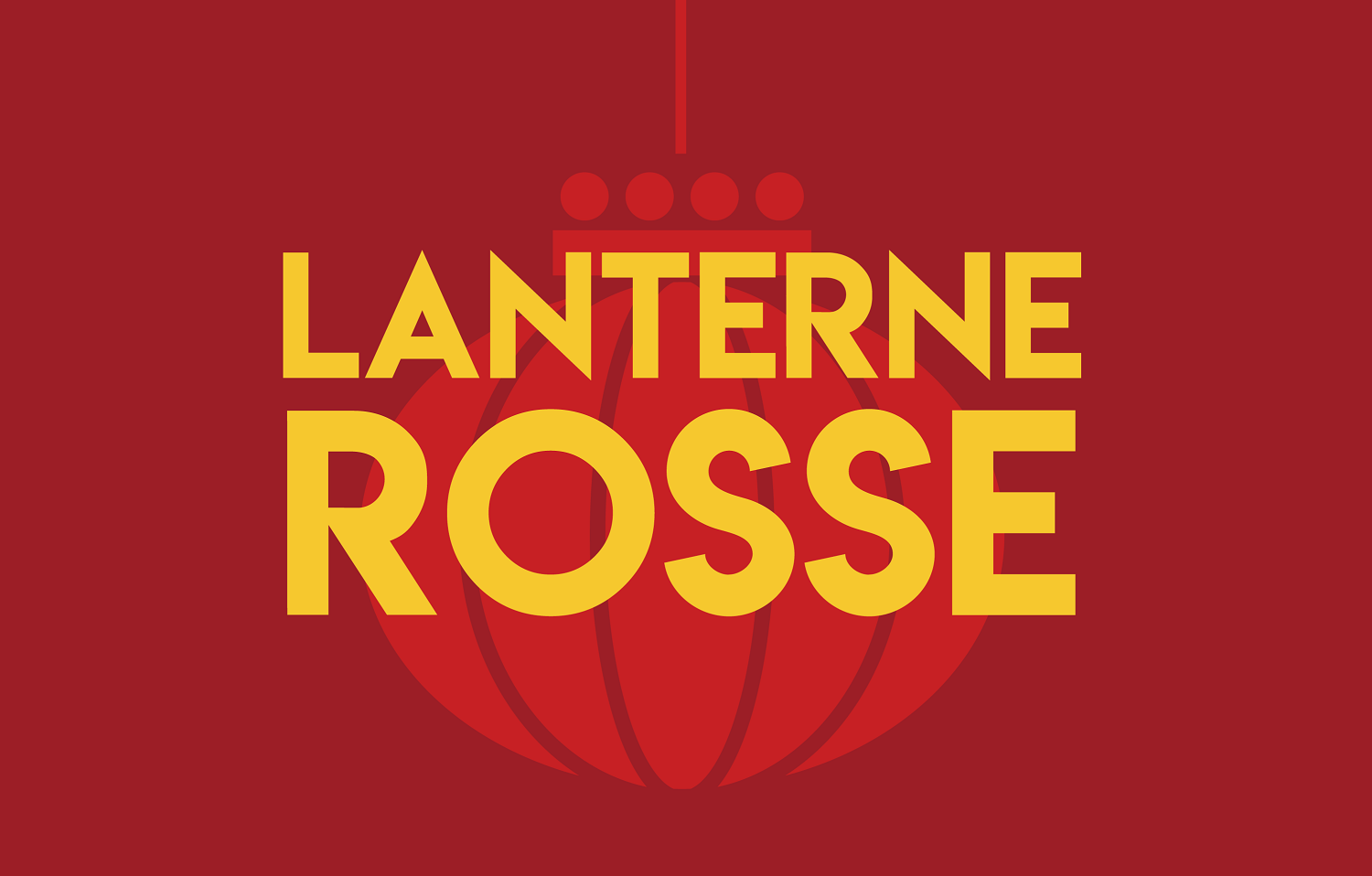Beijing proposes two new laws to repress minority languages
The Standing Committee of the National People's Congress has examined a new regulatory framework mandating the use of Mandarin in all sectors. This threatens bilingualism, especially in Tibet and Xinjiang, two regions where an increasing number of international influencers are being invited to promote a positive outlook, countering reports from international organisations criticising human rights violations.
Beijing (AsiaNews) – Earlier this week, the Standing Committee of the National People's Congress, China's parliament, examined two bills with the stated aim of strengthening the integration of ethnic minorities through the promotion of the national language, both spoken and written.
The first draft is titled the "Law on Promoting Ethnic Unity and Progress," considered “an urgent requirement to foster a strong sense of community among the Chinese nation and advance the construction of a unified national identity," state-run Xinhua news agency reports.
Divided into seven chapters, the law covers aspects such as cultural identity, social integration, and economic development, with a particular focus on interethnic exchanges through cultural, educational, and tourism initiatives.
The second bill concerns the revision of the “Law on Standard Spoken and Written Chinese Language”, introduced in 2001. The latest version introduces 32 articles to expand and regulate the use of Mandarin in all sectors: from public services to education, from international communication to digital spaces.
“The national standard spoken and written language, formed through interactions among all ethnic groups, is a fundamental element of Chinese culture and a key symbol of the nation, just like the flag, anthem and emblem,” Xinhua said.
Furthermore, learning Mandarin becomes not only a political obligation but also a right of the Chinese people.
While some commentators argue that the two initiatives do not appear to completely rule out forms of bilingualism where necessary, they are clearly part of President Xi Jinping's broader strategy, according to whom, the “construction of a unified national identity” must be the guiding principle for policies towards ethnic minorities.
The Third Plenum last July and a Politburo meeting on 29 August had already reiterated the need for a more stringent legislative framework to consolidate national unity and strengthen the Party's leadership.
The revision of the language law, in particular, aims to ensure that all documents and signs, for example, are in Mandarin Chinese.
Even though the language is now spoken by over 80 per cent of the population and more than 95 per cent know its characters, in some areas, according to the government, promotion remains "uneven" and regulation "insufficient."
The new laws also come after years of international criticism of Chinese policies in Tibet and Xinjiang, where cultural and linguistic assimilation has led to the erosion of local traditions.
Inner Mongolia has also seen measures such as mandating Mandarin as the language of instruction, censoring artistic works, and repealing non-compliant local regulations.
Several human rights groups have highlighted the contradictions between the guarantees provided by the Constitution, which recognises 56 ethnic minorities, and the implementation of language policies.
In Tibet, the traditional education system was dismantled following China’s occupation, while minority languages began to be taught as extracurricular subjects in the mid-1990s.
In recent years, however, linguistic repression has further intensified. According to the Tibet Policy Institute, for example, local students have been banned from receiving private Tibetan language lessons during the holidays and have instead been encouraged to focus exclusively on improving their Mandarin.
Chinese authorities have also blocked numerous Tibetan-language websites, and the Chinese version of TikTok (Douyin) has also completely removed its Tibetan language functionality.
Furthermore, in recent years, the Communist Party of China (CPC) has increasingly hired influencers to counter the Western narrative that has long stressed human rights violations in Tibet (which Beijing calls "Zixang" in official documents, using the region's Mandarin name) and Xinjiang, home to the Uyghur people, who are now a minority.
China's communication, on the other hand, seeks to promote the supposed "positive developments" that have occurred in these regions, such as increased per capita income.
An "international communication center" was established in Lhasa, the capital of Tibet, last year for “building a more effective international communication system for Tibet-related issues”.
The Global Times, the English-language newspaper controlled by the CPC, has repeatedly described how foreign visitors have learnt about “Xinjiang's latest economic achievements, religious freedom, and ethnic integration”.
Visitors to these regions are subject to strict guidelines to ensure that online content reflects Beijing's narrative, despite several reports documenting the mass internment of Uyghurs, forced labour imposed on minority groups, and restrictive birth control programmes.
According to various observers, the images shared by influencers are mostly targeted at young social media audiences, who often have no memory of the major international campaigns conducted against what is being done to the indigenous people of Xinjiang and Tibet.
16/04/2024 19:40
05/07/2024 15:11
26/11/2021 17:18







.png)










